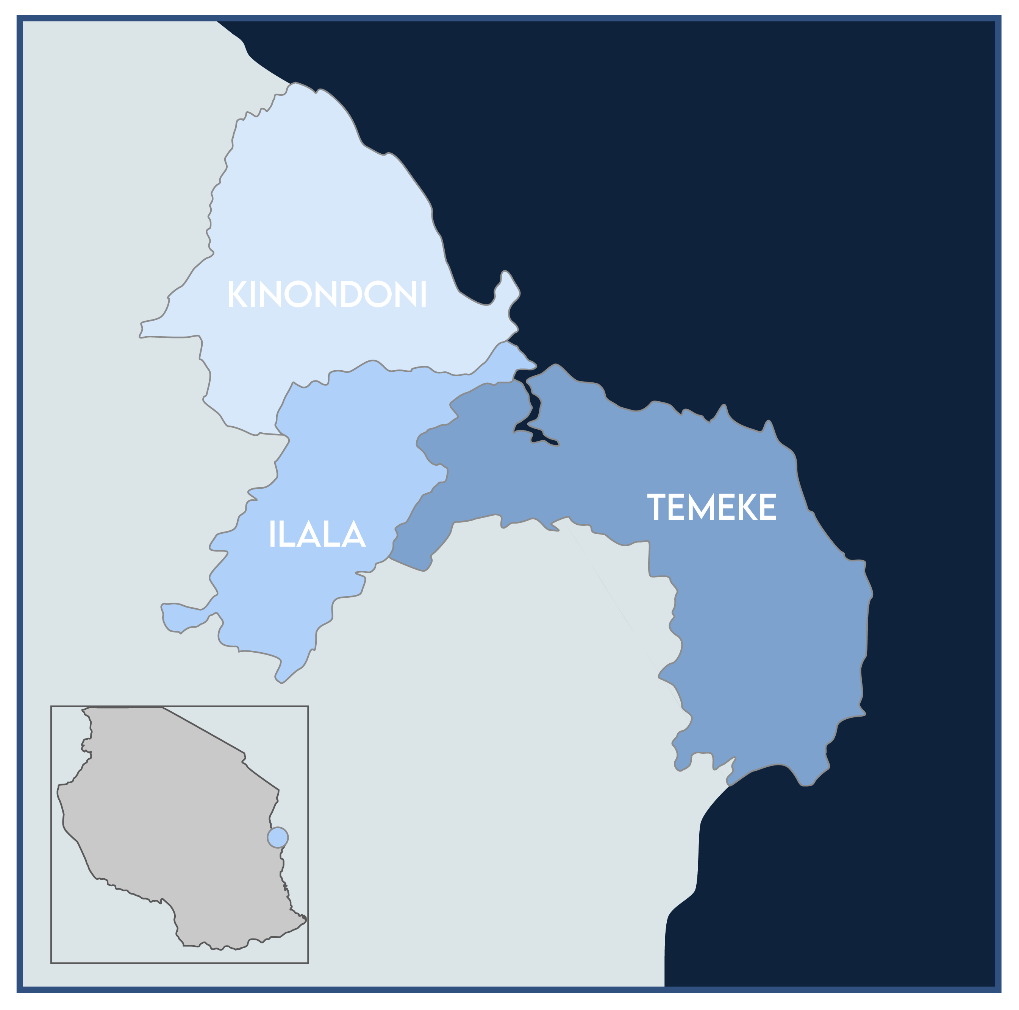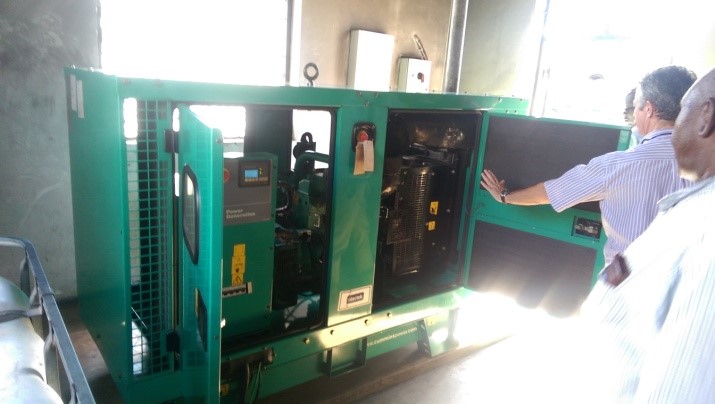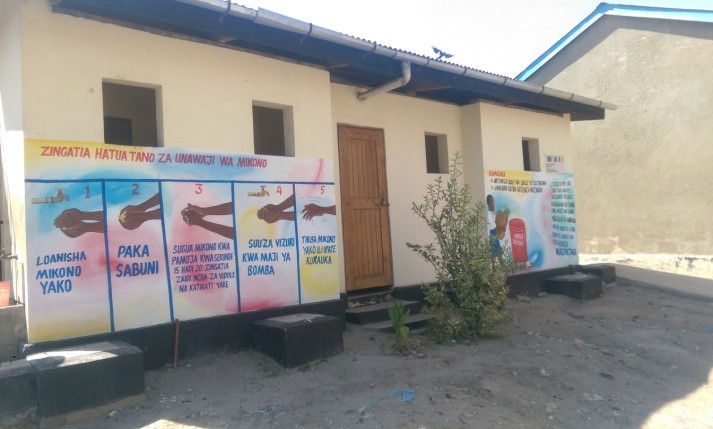Evaluation of the Community Water Supply and Sanitation System interventions in Dar Es Salaam, Tanzania
Interventions implemented by the Belgian Development Agency are systematically evaluated on two occasions: at mid-term and at the end of the implementation phase. In this context, NTU was awarded the Framework Service Contract for Midterm and Final Evaluations of Projects and Programmes of the Belgian Technical Cooperation (BTC) for the Infrastructure Sector (2013 – 2017).
Among other assignments, NTU carried out the End-term Review of the project “Community Water Supply and Sanitation System intervention in Peri-urban Low-Income Settlements of Dar Es Salaam, Tanzania”, which took place between December 2015 and February 2016.
This project, with a budget over €8.6 million, targeted 3 municipalities of Dar es Salaam to improve access to clean, safe and reliable water supply, provide better sanitation facilities and services, improve management, operation and maintenance of the water supply and sanitation systems and test different models of sustainable community-based services. During the project, 14 successful deep wells were drilled to serve 15 Water Consumers Associations (WCA). Besides, the project also implemented major drainage system works in the Ng'ombe and Kiboko rivers. In the field of sanitation, improved pour-flush toilets were installed in 6 primary schools, 4 health facilities, 11 markets and ward offices in the 3 municipalities.
NTU was in charge of providing an in-depth evaluation of the project intervention's performance, and specific attention was given to the criteria of sustainability but also other OECD criteria.

How we did it
At first, NTU’s team opted for extensive group and individual interviews based on a detailed interview structure, developed in response to the requirements of the End-term review. Where possible, Focus Group Discussion techniques were employed to ensure validity of the information generated and a maximum level of representative participation.
Furthermore, fieldwork was conducted where NTU's experts visited 4 project sites in 3 municipalities, interviewed personnel from the municipalities, conducted participatory assessments, building on the Demand Responsive Approach with the population at each site.
In addition to the site visits and interviews, NTU reviewed extensive literature.
NTU carried out a comprehensive evaluation of the interventions based on a well-defined performance evaluation grid. The End-term review followed the 5 OECD DAC evaluation criteria, based on relevance, efficiency, effectiveness, impact, sustainability and cross-cutting themes such as gender and environment.
The End Term Review's initial conclusions were presented in a workshop and summarised in a final End-Term review report, along with recommendations on technical issues related to water supply, water system management and sanitation and hygiene.
Impact
NTU's work has contributed to:
- Learning by analysing the development process. The review allowed to explain what works, what does not work and why, and thus to draws lessons for other interventions or elaboration of new policies, strategies, and programmes.
- Increase the accountability of the donors, partners and other internal actors by supplying an external assessment of the progress made and the results achieved throughout the project.

The Pump house and generator at the Kijichi scheme

One of the school pilot toilets with hand washing illustrations
